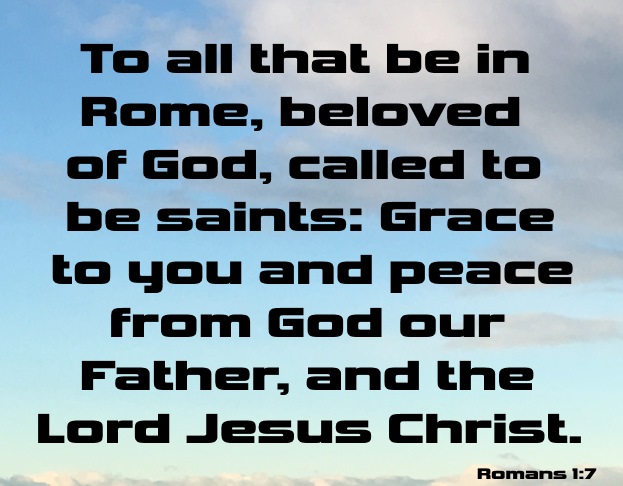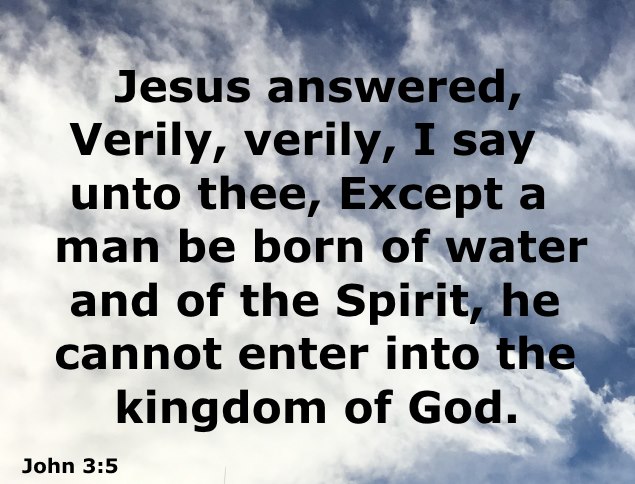Church Saints
Church saints are the body of Christ. They are definitely not saints given this title by a Pope, Queen, King, or Prime Minister around the world. They are declared by God.
Saint in the Greek is hágios, hag'-ee-os (G40); sacred (physically, pure, morally blameless or religious, ceremonially, consecrated):—(most) holy (one, thing), saint.
To be a church saint, one must be saved. We can't make ourselves holy. God does that when we obey the gospel of Jesus Christ when we are born again. We do that by obeying Acts 2:38 - we repent, are baptized in the name of Jesus Christ for the remission (forgiveness) of sins, and receive the gift of the Holy Ghost. We know we have received the gift of the Holy Ghost because when we submit our tongues to God, we speak in another language that is not learned. God does this work, not us, making us holy, making us church saints, part of the body of Christ.

The Apostle Paul addressed most of his Epistles to the saints of the church he was writing to (Romans 1:7, 1 Corinthians 1:2, 2 Corinthians 1:1, Ephesians 1:1, Philippians 1:1, and Colossians 1:2) . He was writing to people who were already born again. He did not write to them to deliver a new or different doctrine of salvation than what he preached when he planted these churches in the Book of Acts. Paul obeyed the Gospel of Jesus Christ around 35 AD and we can see that he preached the same gospel some twenty years later when he preached it to John the Baptist's disciples in Ephesus (Acts 19:1-6).
If Paul wasn't preaching or teaching a different salvation doctrine, then why did he write the Epistles? He was their pastor and they needed pastoral guidance. Take for example the Church of Corinth, it had many problems:
- Disunity and strife ( 1 Cor 1:10-4:21).
- Sin and immorality in the church (1 Corinthians 5:1-6:20).
- Not understanding basic church doctrine and ethics (1 Corinthians 7:1-11:33).
- Not understanding spiritual gifts and love (1 Corinthians 12:1 - 14:40).
- Not understanding the coming of the Lord (1 Corinthians 15:1-58).
After they were born again, and he was with them in Corinth, Paul said they were infants in the Lord and were not ready to receive pastoral preaching:

But I, brothers, could not address you as spiritual people, but as people of the flesh, as infants in Christ. I fed you with milk, not solid food, for you were not ready for it. And even now you are not yet ready (1 Corinthians 3:1-2).
As we just read, they probably were still not ready to receive "solid food", but his love for them (1 Corinthians 4:21) made it imperative to teach them how to lead their life as Christians (1 Corinthians 4:16-17).
No Different Today
When Paul wrote to Timothy, he admonished him to do the same thing:
Preach the word; be instant in season, out of season; reprove, rebuke, exhort with all long suffering and doctrine (2 Timothy 4:2),
because,
All scripture is given by inspiration of God, and is profitable for doctrine, for reproof, for correction, for instruction in righteousness: That the man of God may be perfect, thoroughly furnished unto all good works (2 Timothy 3:16-17).

Now that we have these Epistles to learn from, our pastors should be using the content of these letters to teach church saints righteous and holy living - how to lead and live the life of a Christian. Of course they will also preach the Gospel of Jesus Christ to the lost so that they will be born again, becoming church saints.
As I said earlier, these Epistles were never intended be used to invent a different gospel than the one preached in the first century. A gospel based on false doctrine that a religious group tries to force fit into the Bible.
Let me give you an example - Romans Chapter 10:1-21. In this chapter, Paul was telling the church saints in Rome that it was his heart's desire that the Jews would be saved (Romans 10:1). He goes on to tell them that for that to happen, they would need to hear a preacher preach the gospel (Romans 10:11-15). He then laments that this would most likely not happen (Romans 10:16-21). He reasons that Israel never listened to the preaching of Moses and Isaiah, so why would they ever hear the gospel message, which we know is exactly what has happened over the last 2000 years.
In the middle of the chapter as Paul was building his case, he said:
That if thou shalt confess with thy mouth the Lord Jesus, and shalt believe in thine heart that God hath raised him from the dead, thou shalt be saved. For with the heart man believeth unto righteousness; and with the mouth confession is made unto salvation (Romans 10:10-11).

All of this is absolutely true, as is all the other verses of this chapter. Point is that if you only look at the content of these two verses and not the content of the entire chapter, this can readily be taken out of context. The problem is though that there are many denominational Christians that have done exactly that. Lost souls are taught if they paraphrase Romans 10:10-11 and mean it with all of their heart that they are saved. They might say something like this: "I accept Jesus Christ as my personal Lord and Savior because He died on the cross to save us from our sins".
Hopefully, you can see the problem. They have not obeyed the Gospel of Jesus Christ,by obeying Acts 2:38, so they are not born again, i.e. not born of water and of Spirit (John 3:3,5). Yes, that sentence is an excellent start to repentance but there must be Godly sorrow combined with a heart, body and soul that wants to change, wants to quit sinning and fully turn to God as a lifelong commitment. Then the person must be baptized (immersed under water) in the name of Jesus Christ so their past sins are remitted (forgiven) for eternity. Finally the lost soul must receive the gift of the Holy Ghost, speaking in tongues as the Spirit gives them the utterance. Every church saint in the first century was saved in this manner (see First Century Christianity).
To be a church saint, to be written in the Lamb's Book of Life and spend eternity with Jesus, a lost soul must obey the Gospel of Jesus Christ.




